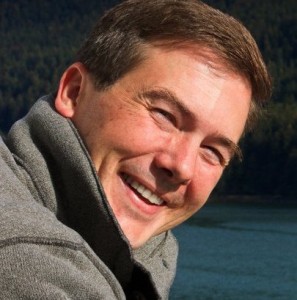Podcast: Download (67.3MB)
Subscribe: RSS
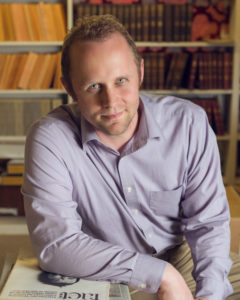
The LDS MissionCast is a podcast designed to educate and inspire in the great cause of Missionary Work. This episode is all about Race and the LDS Church. Some of the episodes of the LDS MissionCast feature content for those preparing to serve a full-time mission, some episodes are directed towards those that have returned home, or are wanting to be more inspired in member-missionary work. Episodes like this one are unique in that we occasionally need to take the time to learn the gospel, to learn our history better, so that we can better members of the church, and better ministers to those around us.
On June 1st, 2018 there will be a celebration in the conference center in Salt Lake City, to celebrate the 40th anniversary of the 1978 revelation on the Priesthood, or Official Declaration #2. This topic is often referred to as being the “Priesthood Ban.” In an effort to explain or even justify this policy, it is common for members of the church to say things about this issue that are either wrong, possibly hurtful, incorrect, you name it. So we will spend some time in this episode learning the history, and coming to some understanding of this often controversial topic.
The scholar for this episode, Russell Stevenson, has dedicated years of his life to the study and understanding of the issues surrounding Race and the LDS Church. He talks about how his mission experience inspired this work, and informs much of what he does in his academic studies.
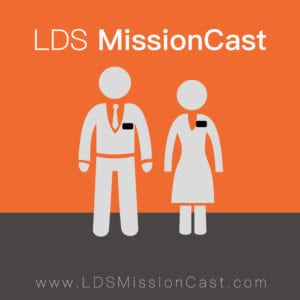

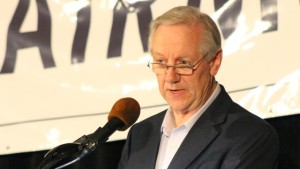
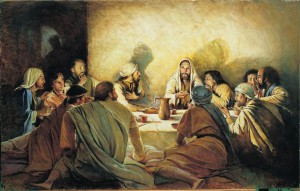

![MP900314189[1]](https://www.fairmormon.org/wp-content/uploads/2015/07/MP9003141891-300x300.jpg)



 Laurie White is a mother of four and grandmother of ten in Sacramento, California.She often writes as Tudie Rose. She writes a weekly column for LDS Blogs at http://ldsblogs.com/.
Laurie White is a mother of four and grandmother of ten in Sacramento, California.She often writes as Tudie Rose. She writes a weekly column for LDS Blogs at http://ldsblogs.com/.